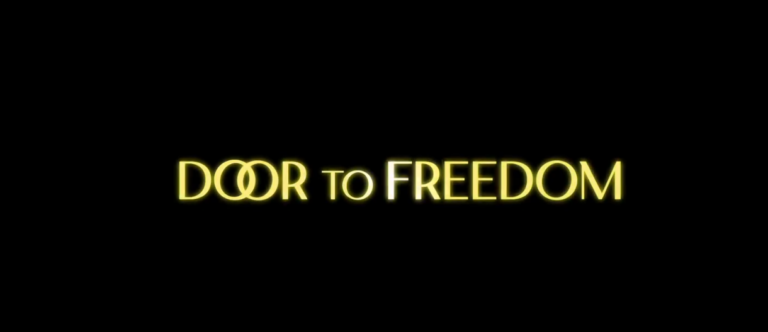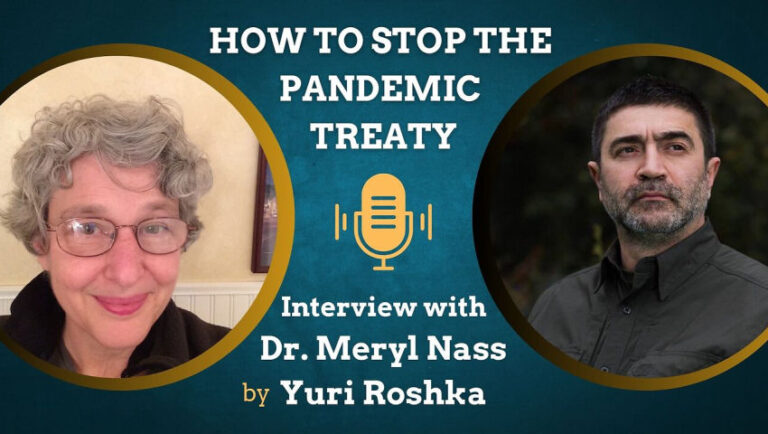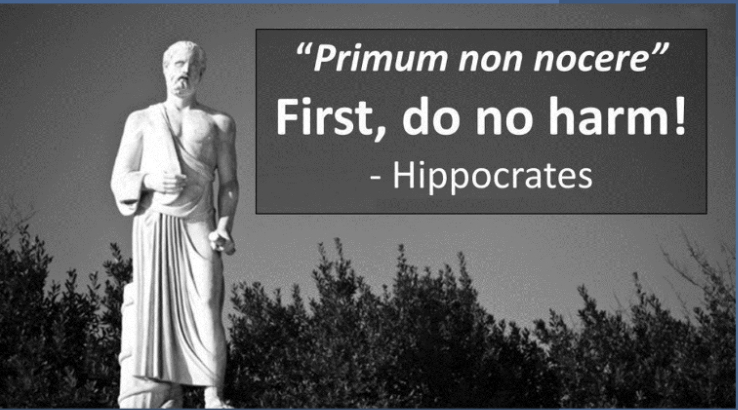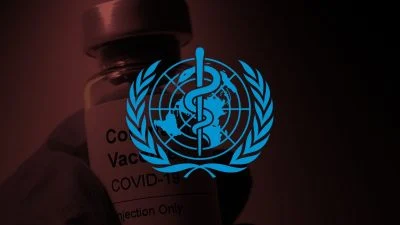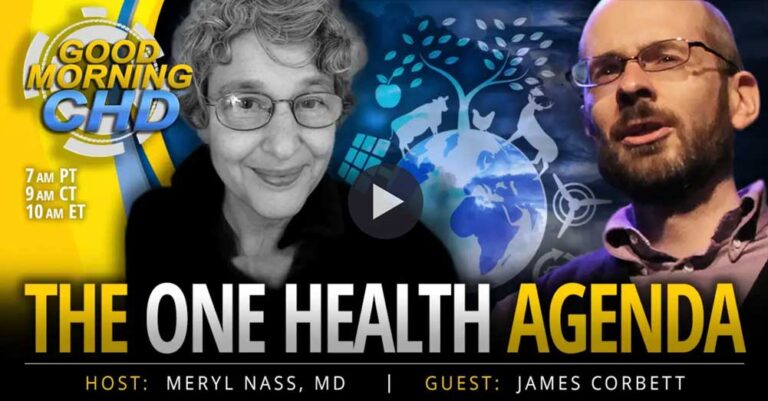This article is a repost with permission from Brownstone Institute.
The Biden administration is preparing to sign up the United States to a legally binding accord with the World Health Organisation (WHO) that would give it the lawful authority to dictate America’s policies during a pandemic. The Epoch Times has more.
Despite widespread criticism of the WHO’s response to the COVID pandemic, US Health and Human Services (HHS) Secretary Xavier Becerra joined with WHO Director-General Tedros Adhanom Ghebreyesus in September 2022 to announce “the U.S.-WHO Strategic Dialogue”. Together, they developed a “platform to maximise the longstanding U.S. Government-WHO partnership, and to protect and promote the health of all people around the globe, including the American people.”
These discussions and others spawned the ‘zero draft‘ of a pandemic treaty, published on February 1st, which now seeks ratification by all 194 WHO member states. A meeting of the WHO’s Intergovernmental Negotiating Body (INB) is scheduled for February 27th to work out the final terms, which all members will then sign.
Written under the banner of “the world together equitably,” the zero draft grants the WHO the power to declare and manage a global pandemic emergency. Once a health emergency is declared, all signatories, including the United States, would submit to the authority of the WHO regarding treatments, government regulations such as lockdowns and vaccine mandates, global supply chains, and monitoring and surveillance of populations.
“They want to see a centralised, vaccine-and-medication-based response, and a very restrictive response in terms of controlling populations,” David Bell, a public health physician and former WHO staffer specialising in epidemic policy, told the Epoch Times. “They get to decide what is a health emergency, and they are putting in place a surveillance mechanism that will ensure that there are potential emergencies to declare.”
The WHO pandemic treaty is part of a two-track effort, coinciding with an initiative by the World Health Assembly (WHA) to create new global pandemic regulations that would also supersede the laws of member states. The WHA is the rule-making body of the WHO, comprised of representatives from the member states.
“Both [initiatives] are fatally dangerous,” Francis Boyle, Professor of International Law at Illinois University, told the Epoch Times. “Either one or both would set up a worldwide medical police state under the control of the WHO, and in particular WHO Director-General Tedros. If either one or both of these go through, Tedros or his successor will be able to issue orders that will go all the way down the pipe to your primary care physicians.”
Physician Meryl Nass told the Epoch Times: “If these rules go through as currently drafted, I, as a doctor, will be told what I am allowed to give a patient and what I am prohibited from giving a patient whenever the WHO declares a public health emergency. So they can tell you you’re getting remdesivir, but you can’t have hydroxychloroquine or ivermectin. What they’re also saying is they believe in equity, which means everybody in the world gets vaccinated, whether or not you need it, whether or not you’re already immune.”
Regarding medical treatments, the accord would require member nations to “monitor and regulate against substandard and falsified pandemic-related products”. Based on previous WHO and Biden administration policy, this would likely include forcing populations to take newly-developed vaccines while preventing doctors from prescribing non-vaccine treatments or medicines.
But can Biden bind America without the agreement of the legislature? The Epoch Times continues.
A key question surrounding the accord is whether the Biden administration can bind America to treaties and agreements without the consent of the U.S. Senate, which is required under the Constitution. The zero draft concedes that, per international law, treaties between countries must be ratified by national legislatures, thus respecting the right of their citizens to consent. However, the draft also includes a clause that the accord will go into effect on a “provisional” basis, as soon as it is signed by delegates to the WHO, and therefore it will be legally binding on members without being ratified by legislatures.
“Whoever drafted this clause knew as much about U.S. constitutional law and international law as I did, and deliberately drafted it to circumvent the power of the Senate to give its advice and consent to treaties, to provisionally bring it into force immediately upon signature,” Boyle said. In addition, “the Biden administration will take the position that this is an international executive agreement that the president can conclude of his own accord without approval by Congress, and is binding on the United States of America, including all state and local democratically elected officials, governors, attorney generals and health officials.”
There are several U.S. Supreme Court decisions that may support the Biden administration in this. They include State of Missouri v. Holland, in which the Supreme Court ruled that treaties supersede state laws. Other decisions, such as United States v. Belmont, ruled that executive agreements without Senate consent can be legally binding, with the force of treaties.
Signatories also agree to support the official narrative in a pandemic. Specifically, they will “conduct regular social listening and analysis to identify the prevalence and profiles of misinformation” and “design communications and messaging strategies for the public to counteract misinformation, disinformation and false news, thereby strengthening public trust.”
The Epoch Times notes that a report from the WHO’s Independent Panel for Pandemic Preparedness and Response characterised the WHO’s performance during COVID as a “toxic cocktail” of bad decisions. Co-chair Ellen Johnson Sirleaf told the BBC it was due to “a myriad of failures, gaps and delays.” Yet the solutions proposed in the report do not include more local autonomy or diversified decision-making, but rather greater centralisation, more power and more money for the WHO.
The WHO made really awful decisions, but that’s because it didn’t have enough power? You can’t make this stuff up. Read Dr. David Bell’s thorough analysis of the proposed changes to the WHO’s role in ‘public health emergencies’ here.
Reprinted from DailySceptic



